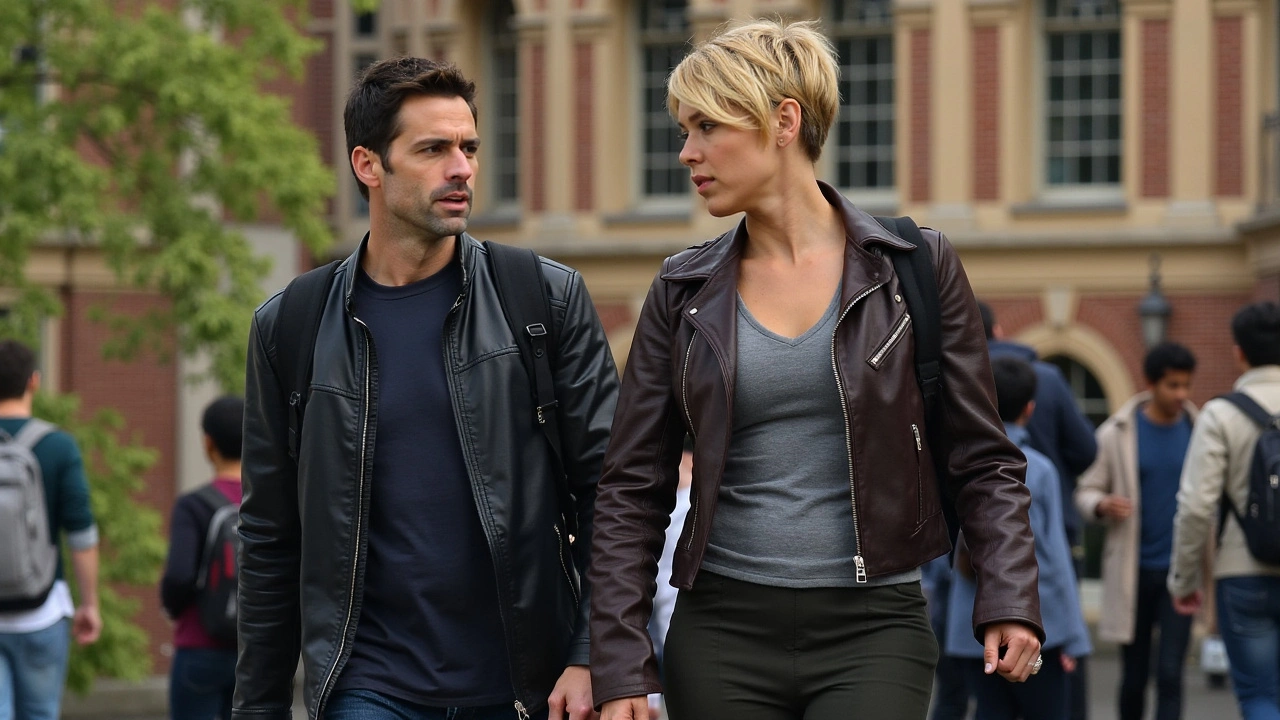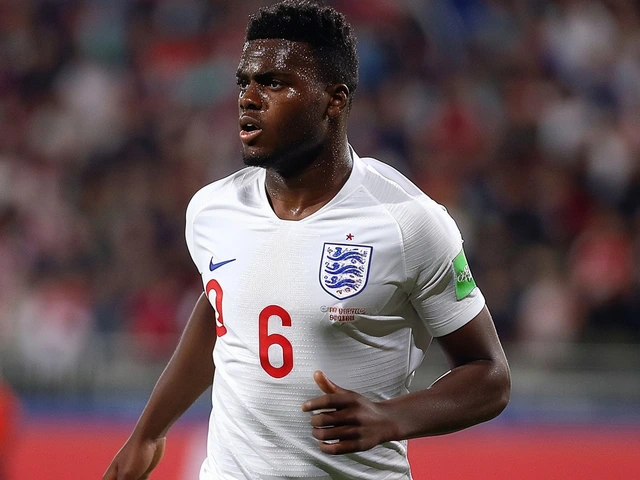Human Relationships: Real-Life Lessons from News and Everyday Life
Bad relationships make headlines — and those headlines are useful. When a manager calls the boardroom "total chaos," or a beloved radio host's death sparks a community outpouring, we see how trust, communication, and support shape real outcomes. This page pulls simple, practical tips from news events you already know, so you can use them in work, family, and friendships.
Spot the pattern: what goes wrong
Look at the Rangers story where Philippe Clement blamed boardroom turmoil. That’s a classic breakdown: unclear roles, private fights, and mixed messages. When leaders argue publicly, people pick sides and performance drops. In personal life, the equivalent is avoiding hard talks until resentment builds. The fix starts with clear expectations and one honest conversation before problems grow.
Another pattern shows up in personal crisis stories. The leaked texts about a debt and the public grief after Edward Kwach’s death remind us that money stress and loss test relationships. People either step up or shrink back. If you want steady relationships, plan for pressure: share basic financial boundaries early and name who you turn to when things go wrong.
Actions that actually help
Want concrete moves? Try these simple habits that work across situations:
1) Ask before assuming — a five-minute check-in clears up most misunderstandings.
2) Name the need — say "I need help with X" rather than blaming.
3) Keep promises small and keep them — credibility grows with tiny reliable actions.
4) Use a mediator for stuck fights — a neutral voice stops escalation fast.
When public figures clash or teams change managers, you notice one thing: leaders who admit mistakes and pivot faster keep trust. That’s true for relationships too. Saying "I was wrong" is oddly powerful and usually faster than defending a bad choice.
Also, pay attention to tone. Social squabbles like celebrity jabs or angry posts often inflame issues because tone masks intent. If a message could be read two ways, choose the clearer, kinder wording. That small edit prevents long threads of hurt and PR headaches alike.
Finally, build a tiny support plan. After a loss, communities rallied around Edward Kwach. In your life, list two people you can call in a crisis and one practical step they’ll do (bring food, handle calls, or check on kids). Planning reduces panic and keeps relationships stable when stress hits.
Human relationships don’t need drama to be real. They need clarity, small consistent actions, and honest words. Use the news as a mirror — watch how public conflicts start and resolve, then borrow the simple fixes that fit your life. Start with one small change this week: a two-minute check-in or a clear boundary, and see how trust grows.
Empire's Enthralling Review of 'The Union' Unravels a Complex and Engaging Drama
By Sfiso Masuku On 16 Aug, 2024 Comments (20)

EmpireOnline.com's review of 'The Union' discusses its gripping narrative and thought-provoking themes. Directed by a rising filmmaker, it explores human relationships and societal dynamics in a fictional town. It praises the film's vivid cinematography, authentic performances, and layered plot with emotional depth. The score, by a famous composer, enhances key scenes. 'The Union' is highly recommended for drama enthusiasts.
View More




